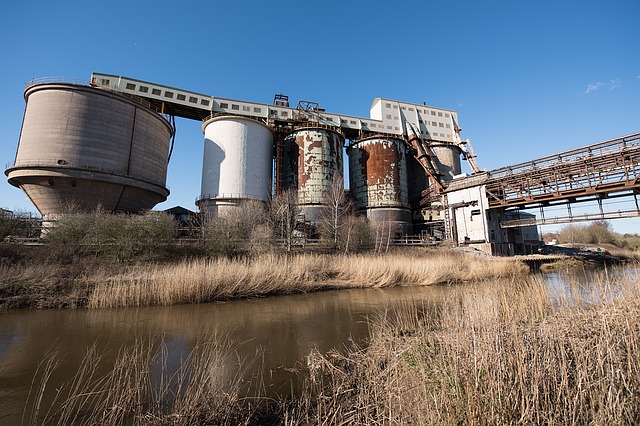- UNEP has reported that the climate crisis could only be tackled through prioritizing air pollution control.
- Nearly 194 countries are having implemented air pollution control laws and regulations.
- Despite the presence of policies only one-third of countries are abiding by rules regarding air pollutant emissions.
- Periodic assessment of air quality with good governess could be a viable option.
Climate change is happening around the globe. Environmental crises such as water pollution, air pollution, global warming are interconnected issues. Air pollution is a principal issue among all environmental crises. UNEP has issued a report stating that better air quality could help prevent devastating impacts of climate change.
Overall emission of air pollutants is causing transboundary air pollution that has negative impacts such as poor air quality, biodiversity loss, waste pollution, etc.
Check out Equipment Used in Industries to Control Air Pollution
The Executive Director of UNEP has highlighted in the Global Assessment of Air Pollution Legislation that there is no improvement in air quality although legitimate air pollution controlling laws have been implemented across many nations.
The report was based on assessing air quality standards in accordance with air quality guidelines published by WHO. It was discovered in the report that nearly 194 countries along with European Union have air quality legislation however the air quality is constantly subjected to deterioration.
Despite the presence of laws regarding the transboundary air pollution movement, only one-third of under observed countries are abiding by air pollution control rules.
FACTS AND FIGURES ISSUES BY THE REPORT OF UNEP
- The report has pointed out that there is no valid definition available for air pollution in almost 43 % of countries.
- Internationally approved Ambient Air Quality Standards have not been adopted by nearly 31% of countries.
- Additionally, up to 37 % of countries do not essentially assess air quality. These countries are lacking a national air quality assessment structure. How come these countries assess public health?
UNEP has shed light on some defects concerning air quality standards. Either some countries don’t have national air quality standards or if some countries have the implemented air quality standards, these are not in accordance with WHO guidelines.
Air quality determines the well-being and health status of the population in any country, keeping this view; the UNEP chief has appreciated those countries that are legally following air quality standards. Furthermore, it was said that public interest is stressing countries to assess air quality and this is how many countries are providing constitutional provisions related to air quality improvement.
You might also be interested in: Methods to Measure, Maintain and Control Indoor Air Quality
A global issue like air pollution can only be tackled if all countries keep monitoring air quality according to national air quality standards. In summary, effective options were taken into consideration including implementation of laws and public participation. Conclusively, Periodic assessment of air quality with good governess could be a viable option.
Legal framework based on air pollution control is under supervision that would soon be implemented for countries. It may involve enforcement officials, judges, other legal officers. UNEP has shared this message that it will keep assisting countries that are seriously addressing air pollution issues and concentrating on the wellbeing of its individuals.
Also check out: 10 Indoor Plants For Improving Indoor Air Quality At Home
I hope you all liked this post! Please comment below if you have any suggestions, comments, or feedback! We at #envpk love hearing from our readers! Thanks!




